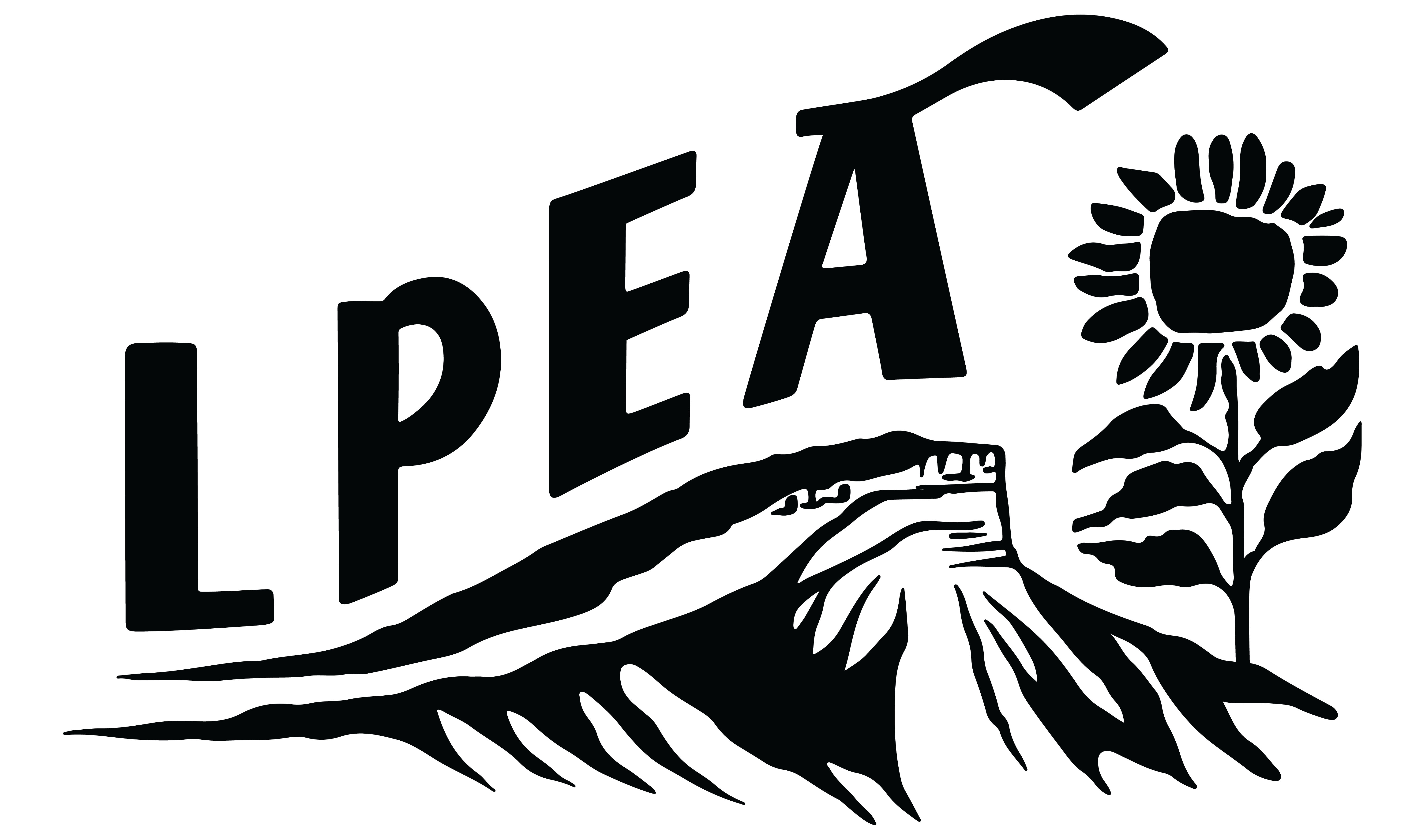Tri-State Generation and Transmission Association (Tri-State) recently allocated $50,000 to support our air-source heat pump water heater pilot project. Together with funds from the Beneficial Electrification League and from LPEA, the project has secured more than $100,000 to help income-qualified LPEA members adopt the latest in electric water heating technology.
“This is an exciting project for LPEA because it will allow us to test the viability of grid-integrated technologies, like air-source heat pump water heaters, to manage our local power demand,” said LPEA CEO Jessica Matlock. “I want to thank Tri-State for their support. Thanks to their contribution we can include more homes and have a more robust program. We look forward to sharing our experience and findings with the broader utility community.”
“The benefits of electricity grow as we rapidly transition to a cleaner, lower emissions grid,” said Duane Highley, CEO of Tri-State. “Working with LPEA and Beneficial Electric League, Tri-State can do our part to help expand the deployment of technologies that support the communities we serve.”
The pilot project will install air-source heat pump water heaters for residents in the Animas View Mobile Home Park. It will also include the installation of other energy efficiency measures, including LED lighting, low-flow faucets and showerheads, and window and door weather-stripping. With the funding secured to date, up to 30 homes will be able to participate.
In addition to being extremely efficient, the installed air-source heat pump water heaters will run on a schedule set to avoid expensive peak power consumption. In rare events, LPEA will be able to remotely manage these water heaters during times of peak demand. This will not impact member homes (as water heaters store enough hot water for these short periods), and it will help LPEA avoid the higher cost of power during peak use periods, which keeps costs lower for all LPEA members.
This program will be implemented in partnership with 4CORE (Four Corners Office for Resource Efficiency) and is expected to begin outreach in February 2022 and installations in March 2022. Participation is voluntary and at no cost to the participants.
